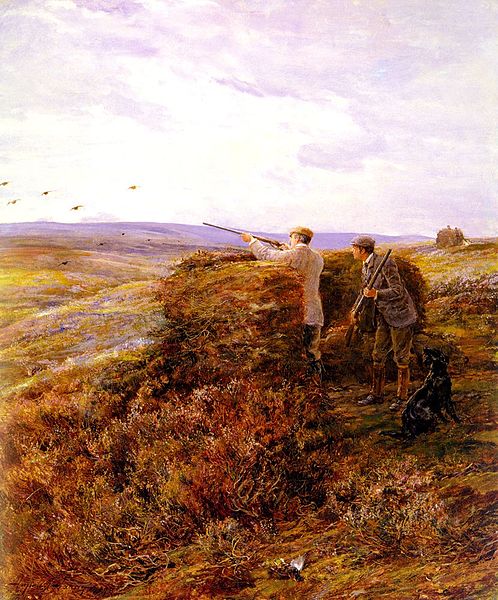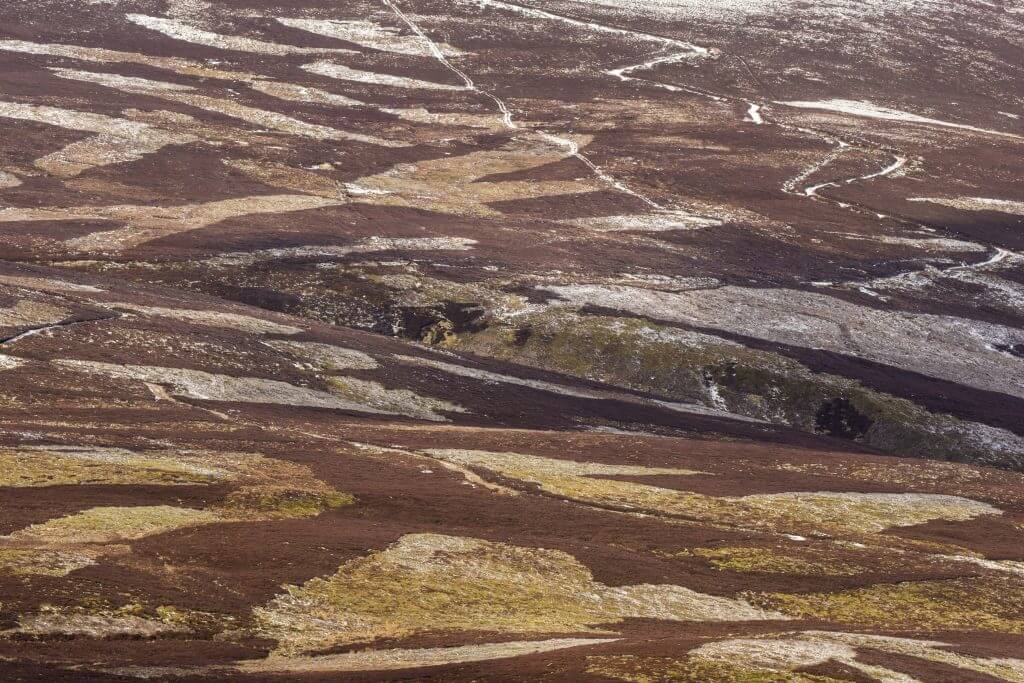
A masters student at Harper Adams is investigating the socio-economics of grouse shooting with an online survey that appears to be open to anyone but seems to be mostly circulated among gamekeepers on Facebook!
Call me cynical if you like, but I just wonder whether this might emerge at some future date as ‘a detailed authoritative study by Harpers Adams college’ in the same way that apparently the BTO surveyed grouse moor and found them stuffed full of waders (they didn’t! See here and here).
I’m sure your views would be welcome. It’s a pity that there isn’t anywhere to comment on the wider economic costs of grouse shooting such as increased water treatment costs, carbon emissions etc which dwarf the spend in local communities but you will find a place to say whether you believe that grouse moor management increases flood risk.

[registration_form]
There is an opportunity in the last box for a few observations, but I agree, there are no specifically targeted questions on the benefits of alternative land use.
I am curious to know what other data and methods of analysis the student is going to use to investigate the socio-economic impacts of driven grouse shooting because this questionnaire is certainly not going to throw any light on the matter.
Who does the student work for? Isn’t there a pro-shooting lecturer at Harper Adams who is always posting neo-right wing rubbish on Twitter?
Duly completed!
I’ve completed the survey. I was able to give my feelings on the economic impact, flooding, the social impact, and from a list of alternatives, give my preferences on what could happen after banning grouse shooting, as well as my 3 negative impacts and final comments.
I think I could have done a better job, but don’t we always feel that we could do that?
Cheered me up a bit, in fact.
Odd that the questionnaire doesn’t distinguish between walked-up and driven grouse shooting.
‘Pressure group’ – I wonder how many CA members ticked that box, or was it meant for RSPB members?
Also surprised that rewilding and ecotourism are viewed as separate land uses – surely the two are largely interdependent – symbiotic almost?
There might just be a petition going to the Scottish parliament soon to get a full, objective assessment of grouse shooting’s full economic effects including flood damage, conflict with natural flood alleviation measures, exclusion of other businesses i.e forestry and eco tourism carried out. Long, long overdue. Got a letter from my MSP, thanked me for sending him an RPUK feature and told me that the map on persecution of raptors will be published soon and will settle the issue once and for all..
Just completed survey seems to me that questions are set out in a way to baffle the the general public if they get to see it
Looks like a baffling questioner for general public if they see it
Very leading, narrow set of questions. excludes a huge number of different hill users… by accident? If you passed this loaded dice to a narrow audience then you are bound to get the answers you were looking for.
He who pays the piper etc.?
But Govt will like it as its been undertaken by ‘experts’?
Wonder when it will be promoted as the definitive voice for the rural communities who don’t know any better than?
Wonder which of the BDGS supporters will ensure its mention in Hansard? Should we start a book on which of the puppets?
Without knowing the exact nature of the study, it is impossible to know what this survey is being used for, but the one thing we can say with complete certainty is that it is of very little use in assessing the actual socio-economic and environmental effects of grouse shooting. What it is actually measuring, in an entirely subjective and non-parametric way, is participants’ OPINIONS / PERCEPTIONS of the socio-economic / environmental effects of grouse shooting.
I’m not really sure what this might achieve (unless the study is predisposed towards/against the industry and seeks to validate an opinion on its positive/negative effects). What is actually required is hard, objectively verifiable data – stuff like how much money is actually spent in rural comminities, how many actual jobs (full time/ seasonal / ad hoc) are created and what the total wages paid are, how much actual excess run-off of rainwater occurs against properly selected control sites, etc etc. Not what people with a usually biased viewpoint THINK is happening.
To be fair, perhaps that is exactly the point of the survey: to compare perceptions with actual data.